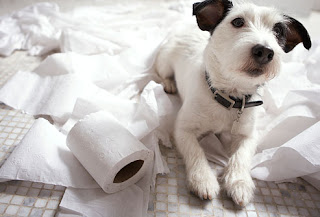It’s easy to forget that this is actually a hospital up on the E-floor.
These super specialist paediatric wards become second homes for so many of these kids. They come with their broken livers and kidneys and carve out a place for themselves in this little family.
In this ward there is no such thing as a short stay - an admission here is typically never less than a week, and sometimes stretches out for four or five months.
It is well described that kids eventually adapt to any environment - although it may trigger a few abnormal and sometimes worrying coping mechanisms.
It doesn’t happen overnight, as is certainly evident in the more general wards where the kids are being exposed to the hospital environment for the first time. There they regard every approach with cautious apprehension - never sure if something unpleasant and painful is about to happen.
But upstairs they slip into the routine of the ward. They call the nurses by their first names. They know the names of all their medications and when they have to take it.
If you spend more than 2 days in the ward with them they greet you with running hugs in the morning and blow you kisses from their beds on ward rounds.
They get beyond excited when they are well enough to join the other kids at the hospital school. They all know Bubbles the clown comes on Thursday morning.
Downstairs in the B-wards it’s easy to remember you’re in a hospital for sick kids.
Up here I have to actually remind myself that these kids are sicker. These are the babies who have had more general anaesthesia than I will probably ever have in my life. These are the kids who have survived transplants, life threatening infections and cancer after the immunosuppresants we gave them stopped them from keeping the abnormal cells in their body in check. This is where most of the blood that you donate lands up - not in a trauma ward, but in a ward with chronically ill patients.
Yet they have so much life in them I struggle to imagine them not living a full one.
I forget when in the afternoons after the dialysis machines and gancyclovir infusions have been disconnected, and the kids are racing around in the corridor wearing their ‘duck-bill’ masks, that this is not a playground.
I forget when Tracy comes around with her arts and crafts that this is not a classroom.
I forget that they have chubby cheeks not because they are fat and flourishing, but because of the steroids that keep them from rejecting their organs.
I forget when it’s time to drip one of them and she points out which veins are better - that kids are supposed to be afraid of needles.
I forget that these kids are living on borrowed time and that big school and dreams of being ballerinas or pirates may never come true.
Working with them has been an eye-opening and humbling experience.
My little superheroes.


